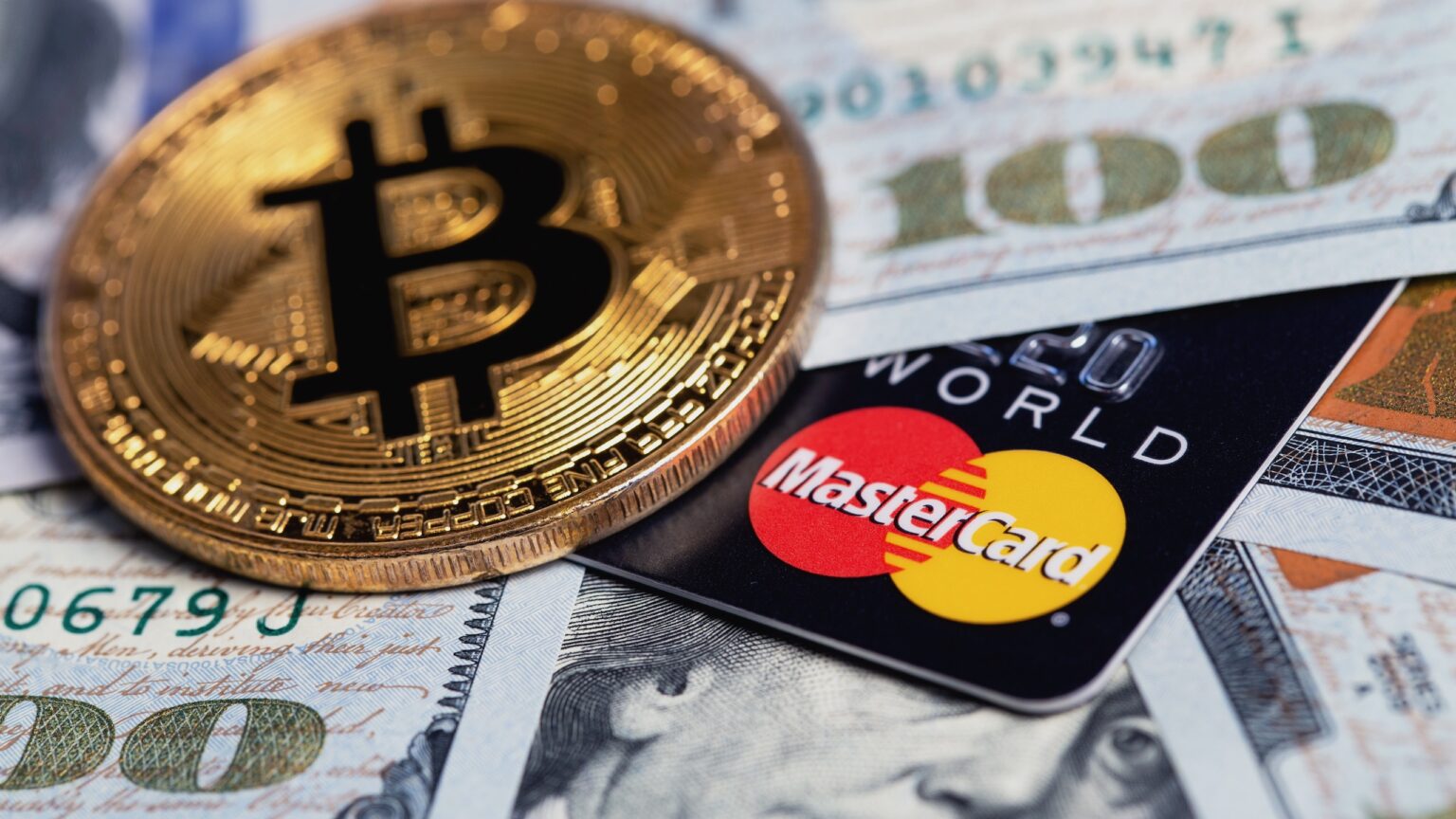Payment giant Mastercard is no stranger to the cryptosphere, having offered crypto-linked payment cards for a number of years. But now the company is seeking to “bring more trust to blockchain transactions” via a new offering called Crypto Credential.
Mastercard aims to set verification standards
In a blog post published over the weekend, Mastercard’s Head of Crypto and Blockchain Raj Dhamodharan said Crypto Credential “will establish a set of common standards and infrastructure that will help attest trusted interactions among consumers and businesses using blockchain networks.”
While the beauty of blockchain is that anyone can send and receive crypto-assets, regulators view this feature with suspicion – hence their eagerness to implement KYC/AML on cryptocurrency exchanges.
It sounds like Crypto Credential has been designed, then, to please the regulators by effectively certifying that blockchain transactions are above-board. However, the blog suggests the offering is more about elevating UX to reduce human error.
As the article explains, “There are several use cases that Mastercard Crypto Credential can unlock, as consumer and business verification needs vary widely based on market and compliance requirements.”
Multiple use cases are outlined, such as the ability for users to provide aliases to help with the sharing of wallet addresses. This function is already available on crypto-linked accounts like Wirex and Revolut, and reduces the risk of sending assets to the wrong wallet address.
At #Consensus23, we announced how we are instilling trust in the blockchain ecosystem through Mastercard Crypto Credential. With crypto wallet providers @Bit2Me_Global, @LiriumAG , @MercadoBitcoin and @UpholdInc and public blockchain network organizations @AptosLabs,… pic.twitter.com/P33mtDVAas
— Mastercard News (@MastercardNews) April 28, 2023
The offering also purports to bring “richer information” to blockchain transactions via metadata, which could prevent users mistakenly selecting the wrong network over which to send currency. The only nod to regulators is in the fact that Mastercard will leverage CipherTrace, which it acquired in 2021, to help verify addresses and support the Financial Action Task Force’s (FATF) Travel Rule for cross-border transactions.
“If two people want to transfer value from one country to another country, the level of compliance and verification needed is complex,” Dhamodharan explained during his appearance at Consensus 2023 on Friday. “So how do you identify those wallets, and how do you exchange enough information about the other party?”
Privacy maximalists are likely to sneer at such words. Isn’t the value of blockchain and cryptocurrency that you can transact freely, without intermediaries, and without needing to ‘identify’ the wallets with which you are interacting? Of course, as a non-crypto-native company, the philosophy of Mastercard is likely to be much closer to that of regulators.
Interestingly, the payments firm will partner with four notable industry names to “help bring Crypto Credential to the application developers in their ecosystems.” Aptos Labs, Ava Labs, Polygon Labs and The Solana Foundation will join members of the company’s existing partner network such as Binance, Nexo, Bit2Me and Uphold.
Crypto regulation nears?
The regulatory picture is slowly but surely taking shape: also appearing at Consensus 2023 was Patrick McHenry, chairman of the U.S. House Financial Services Committee, who said legislation to oversee the crypto sector would be put together in the next two months – and could be signed by the President in the next 12 months.
According to Senator Cynthia Lummis, comprehensive crypto regulation “needs to be addressed before the 2024 election.”
Back in February, it was reported that both Mastercard and Visa had paused plans to launch certain crypto products and services until market conditions and the regulatory environment improved. Perhaps that embargo is now over.









 and then
and then